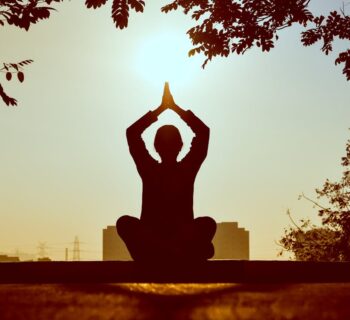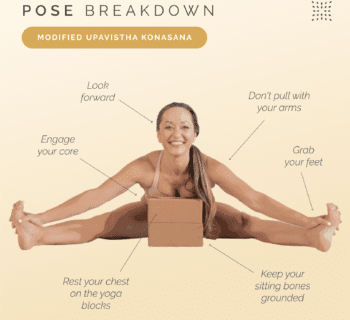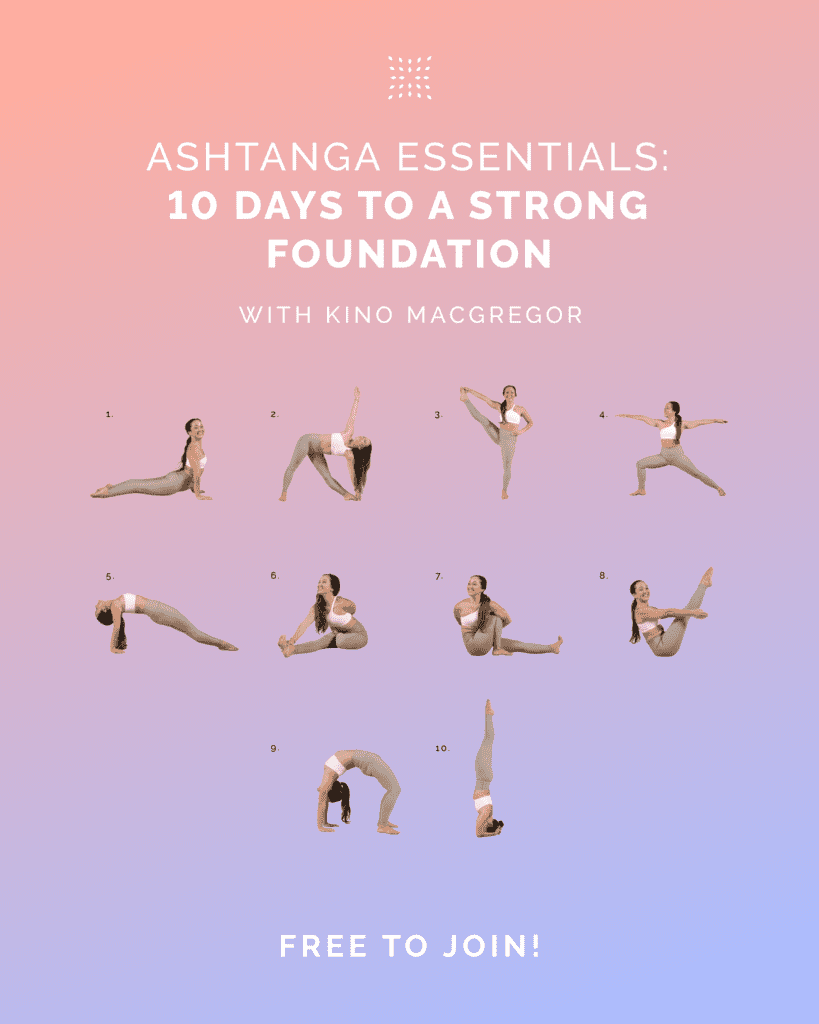Getting enough sleep is essential for helping a person maintain optimal health and well-being. When it comes to health, sleep is as vital as regular exercise and eating a balanced diet.
If you are feeling anxious about anything, it is often understandably difficult to fall asleep. Your mind is whirring, and your brain won’t settle down into a state of relaxation. Thoughts go round and round in your head and just won’t stop.
Sound familiar? You may also suffer from heart palpitations or difficulty regulating your breathing. None of these are conducive to falling asleep or staying asleep when you do finally reach the land of nod. Then, you might feel irritable the next day, which makes you more anxious, and the cycle continues. Managing a nap in the middle of the day may seem sensible at the time, but then you are unlikely to fall asleep quickly again that night either. And so it goes on.
This article will look into the link between anxiety and poor sleep hygiene and techniques for getting to sleep and staying asleep.
Signs and symptoms of anxiety
Everyone experiences anxiety differently, but common factors include lack of concentration, shortness of breath, restlessness, increased heart rate, and feelings of panic. In some cases, it can also bring on a form of paralysis or feeling faint.
Anxiety may be linked to an underlying health issue. In some cases, anxiety signs and symptoms are the first indicators of a medical illness.
Experiencing occasional anxiety is a normal part of life. However, people with anxiety disorders frequently have intense, excessive, and persistent worry and fear about everyday situations. “An anxiety disorder may present itself in many different situations throughout life,” says anxiety treatment specialists Tikvah Lake Recovery. “For some people, it might be work that is making them anxious. For others, it’s social situations. If you’re wanting to overcome anxiety, then, it’s important to recognize in what situations you feel anxious and begin understanding what triggers your anxiety so you can begin understanding why you may feel this way.”
Often, anxiety disorders involve repeated episodes of sudden feelings of intense anxiety and fear or terror that reach a peak within minutes (panic attacks). Insomnia is a highly recognised symptom of anxiety, which can lead to further physical conditions if not treated.
Can anxiety be controlled?
Short-term fixes for anxiety include being aware of your breathing and making the effort to really concentrate on slowing down the speed of it, going for a run, having a cold shower, or thinking about something funny.
In the longer term, cognitive behavioural therapy is a common treatment for anxiety disorders. It is a type of talk therapy that works to reorient negative thinking, and it has had success in decreasing anxiety. Studies have found that CBT can often reduce anxiety even in people who have insomnia.
In the most serious cases, when people enter into rehab for severe anxiety, they’re generally faced with a dual diagnosis and are also experiencing another disorder. To truly get to the root cause of the anxiety, one must first face their primary addiction or ailment, like gambling addiction or OCD. Once this has been investigated, the cause of the anxiety can also be treated.
Tips for getting to sleep and staying asleep
The Sleep Foundation says: ’Trying relaxation techniques can help identify ways to get rid of anxiety and make it easier to fall asleep quickly and peacefully. Relaxation exercises may be a component of CBT (Cognitive Behavioural Therapy) and can break the cycle of worry and rumination. You may also want to try scheduling times to actively worry, as this may eliminate worrying time as you lay down for sleep. Deep breathing, mindfulness meditation, and guided imagery are just a few approaches to relaxation that can help put your mind at ease before bed or if you wake up during the night.’
Other practical tips involve lowering the temperature of your bedroom, listening to relaxing music or specific sleep sounds, turning off electronic devices such as phones and tablets, and not looking at your clock. The mattress you use can also make a difference to how well you sleep and finding the right pillow is a must. You want to feel comfortable enough to completely relax. The use of a weighted blanket has also been known to reduce body stress.
The benefits of sleep
Getting enough sleep is essential for helping a person maintain optimal health and well-being. When it comes to health, sleep is as vital as regular exercise and eating a balanced diet. One of the main benefits of sleep is a lower risk of heart disease, as sleep allows our blood pressure to regulate itself. It can also lower the chances of inflammation and provide a stronger immune system.
On a day-to-day level, getting enough sleep improves concentration levels and increases productivity. You have more energy for exercise with better coordination and faster speeds when you’re well-rested, and your social and emotional intelligence is heightened.
Final thoughts
Adults should get at least seven hours of sleep a night, with children needing around 9 hours and babies requiring upwards of 12 hours of sleep a day. Feelings of anxiety can decrease the amount of sleep you get, which has a knock-on effect on your physical health and your ability to carry out tasks. Finding the root cause of your anxiety and treating it with therapy, medication, or even rehab will help you lead a happier and longer life and have a good night’s sleep.
By Sophie Bishop

Sophie Bishop is a medical journalist. Sophie aims to spread awareness through her writing around issues to do with healthcare, wellbeing and sustainability and is looking to connect with an engaged audience.
Find Sophie on her social media accounts:
Twitter: @SophBishJourno
LinkedIn: /sophie-bishop/
Image by Jess Foami from Pixabay










